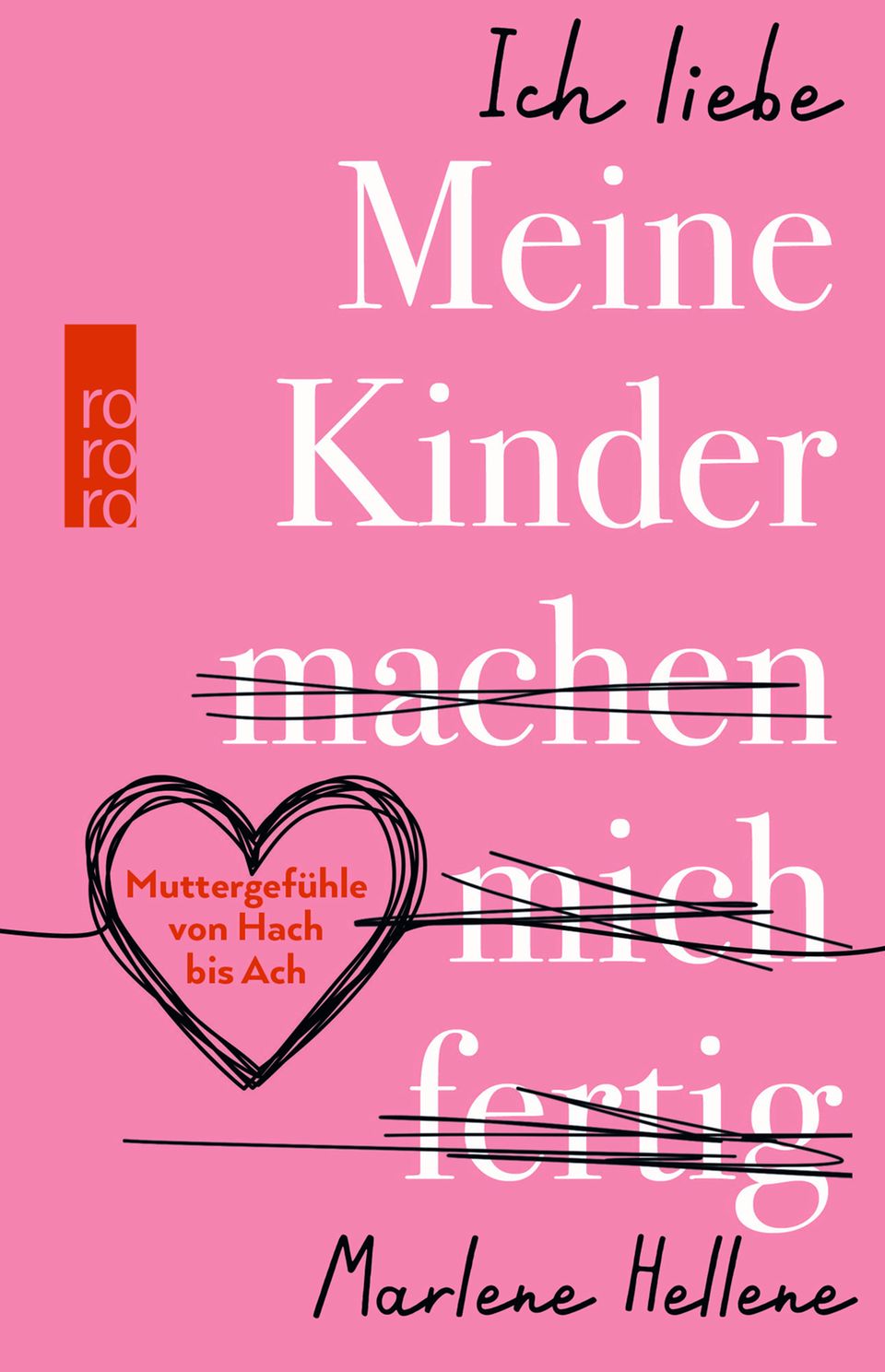interview
Author and influencer Marlene Hellene
“We all have these kids lying on the floor in the supermarket screaming for Duplo”
Author Marlene Hellene has just published her fourth book on motherhood
© Cornelia Friedrich-Meyer
Envy, fear, melancholy, anger, love – and always a guilty conscience: many mothers are under pressure and experience a roller coaster ride of emotions every day. The author Marlene Hellene knows what helps.
With a lot of humor and a good pinch of anger, the influencer and author Marlene Hellene comments on the topics of parenting and upbringing online and in her books. Her latest book is about the balancing act of motherly feelings between Love and exhaustion. She tells Stern what helps her when she has a bad conscience.
Why is there a need for a book specifically about mother feelings?
Mothers don’t like to admit that they have other feelings than motherly love. This is accompanied by a guilty conscience: As soon as you feel something like envy, tiredness or even nostalgia for the past, some Karlheinz comes and says: “You wanted it that way, and you have to enjoy every second of it!” I think it’s important to talk about it and perhaps even give absolution that every feeling of motherhood is normal and has its right to exist.
Does that mean these feelings of guilt come from outside?
A lot comes from this mother myth, which says that mother’s love supports everything. Mothers should be in the kitchen in a good mood and only offer the children great things. This is totally perfidious, because if mothers aren’t perfect, it immediately looks like they don’t love enough. That’s the worst thing you can accuse a mother of: not doing enough for her children. Mothers are judged harshly.
You have two children of your own. When did you first feel the pressure?
When my daughter was just a few weeks old, she had to go to the doctor for something minor and my husband took over. He then came back slightly angry and said that the doctor’s assistant wanted to know where the mother was and what he would do if the baby was hungry. He was mad because she saw him as incompetent, but it shocked the hell out of me. This woman suggested to me that I had abandoned my child. That hurt me incredibly and I swore to myself that it wouldn’t happen to me again. So I gave it my all, always being present, until I was completely exhausted. And then I realized: The fault isn’t mine at all! The mistake lies in how society views mothers! And then I got so angry. Why do we treat mothers this way even though they do so much for society? They are completely exhausted, highly sensitive and their work ensures that humanity continues to exist. My writing came from this anger.
What helped you break free from it?
Understanding this is the first step. The others don’t do it any better! We all have those kids lying on the floor in the supermarket screaming for Duplo. There is no one who does it perfectly.
In what situations do you feel guilty as a mother today?
When I’m at the end of my rope and don’t want to listen to a joke or play a board game for the fifth time because I don’t feel like it and I want to be left alone. Then I often feel guilty afterwards. On the other hand, I’ve come a long way now and can say to myself internally: That’s just life, and that’s part of it, and we can talk about it. My children know me and know that this does not change my love for them. We don’t have to be perfect super mothers, our children should know that we’re not in a good mood sometimes. We can’t offer the pony farm every day! We simply have to allow ourselves to do that.
Upbringing
Changing diapers, brushing teeth, listening: scenes from the everyday family life of young fathers
Many mothers are under pressure because they want to do everything right. What do you think proper education looks like?
That’s the difficult thing, that everything is so vague. I don’t think there is an official right and wrong because you have to stay with yourself and think: What is good for me and my family? Maybe it’s great in other families if they don’t have a TV, but that doesn’t suit our family. Children are total individuals, it’s difficult to compare. It is important that we treat children as equals and treat them as full human beings. If we make it clear to them: This is your home, I love you, and you’re right with me, then that’s a very, very good way.
How do you manage this in everyday life?
I communicate quite a bit with my children, even when they were younger. I want them to know when I’m stressed, for example, or when I’m in a bad mood. That’s part of a relationship. I then apologize and together we think about how things could work better in the future.
The title of your book alludes to this dichotomy: the love for children on the one hand and the challenges of raising them on the other. How do you deal with that?
Before I became a mother, I couldn’t imagine how complex it all is and what it does to you emotionally. Someone once said to me: “You have to accept that there is a simultaneity of feelings.” And that has helped me immensely. Simply that I realize that it can be that way. You can find everything shit and everything wonderful at the same time. This is possible and it is allowed. I hope that my book offers some relief for mothers.



